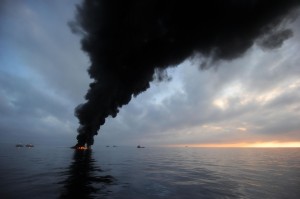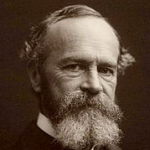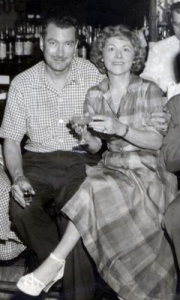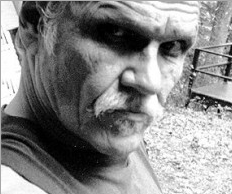 Another Deepwater Horizon aftershock today with Haliburton, the contractor in charge of the cement job that was supposed to keep the Macondo well from blowing out, admitting that it destroyed evidence. As usual with this disaster, it’s very complicated, but the Haliburton admission does NOT mean that BP can now put the blame on its contractor, though that’s what the oil company is hoping to do.
Another Deepwater Horizon aftershock today with Haliburton, the contractor in charge of the cement job that was supposed to keep the Macondo well from blowing out, admitting that it destroyed evidence. As usual with this disaster, it’s very complicated, but the Haliburton admission does NOT mean that BP can now put the blame on its contractor, though that’s what the oil company is hoping to do.
This is from the Times:
“The Justice Department said Halliburton had recommended to BP, the British oil company, before the drilling that the well include 21 metal centralizing collars to stabilize the cementing. BP chose to use six instead. During an internal probe after the accident, Halliburton ordered workers to destroy computer simulations that showed little difference between using six and 21 collars, the government said, after which the company continued to say that BP was neglectful to not follow its advice.”
I’ll attempt to decode.
An oil well is two things: a hole in the ground from the surface to the oil deposit, and a pipe within that hole that acts as a tube through which the oil can flow back up to the surface. You dig a hole, then put a pipe in it, basically. Through the pipe, the oil can be drawn out in a safe, even flow. But if the highly pressurized oil breaks through the walls of the hole itself, it will blast to the surface in an uncontrolled explosion — a blowout. In order to assure this won’t happen, after the pipe is put down the hole, they pump in cement to seal the space between the exterior of the pipe and the well wall.
Centralizers are put in the well to hold the pipe in the middle of the hole. The reason is that if the pipe rubs up against the edge of the hole’s wall, the cement, pumped up from the bottom of the well, won’t be able to flow cleanly around all sides of the pipe, which is what needs to happen to form a good seal.
The Halliburton engineer assigned to the project did tell BP they needed to use 21 centralizers to assure good cement flow in Macondo. BP ignored that, and used only six. This is the reason some people think the Halliburton simulations indicating that 21 centralizers would have been no better than six — which Halliburton then destroyed — exonerate BP. If the advice BP ignored wasn’t good advice, then they were right to ignore it.
But that’s only a small part of the story. The Halliburton engineer originally told BP that the cement job they planned would fail. He recommended using an entirely different kind of pipe — more expensive and time consuming — to be safe. BP ordered him to go back and make the cheaper kind of pipe work.
That’s when he said, essentially, ok, if you insist, this is what you need to do:
Use 21 centralizers instead of 6.
AND to make sure that worked, perform a special test to determine if the cement flowed evenly around the pipe and didn’t leave any air bubbles or holes.
BP had the testing crew and equipment on board the Deepwater Horizon, but sent them home the morning of the blowout, without performing the test, to save a few thousand dollars.
So to sum up:
BP refused to accept Halliburton’s assessment that the cement job would fail unless they used a more expensive kind of pipe, and ordered the engineer to “make it work” with the cheap pipe.
Then BP ignored both parts of the plan to “make it work.” Even if the 21 centralizers wouldn’t have made a difference, the post-job test would have warned them that the cement had failed, and they could have found a way to fix it.
So though Halliburton acted criminally in destroying evidence, BP is still guilty, guilty, guilty.




